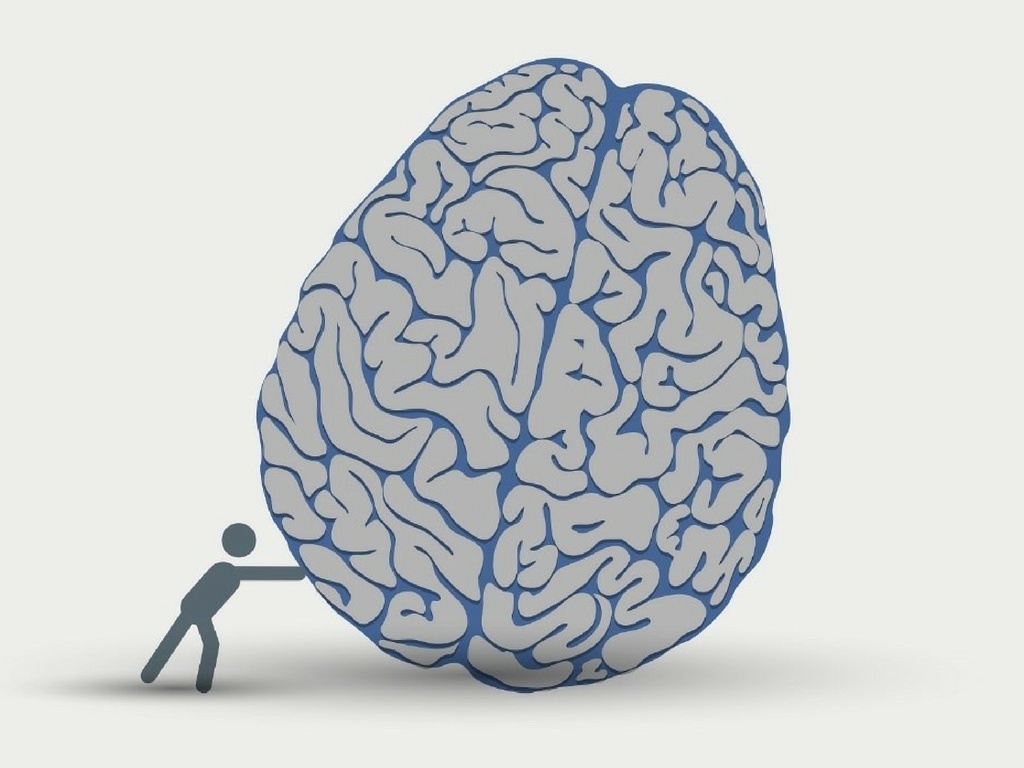UX & Psychology – The benefits that a Psychologist adds to the Psychology of Web Design

Why is it that psychologists work within UX teams? In this blog, we are going to explore some of the main reasons the user experience designer (UX) may be a psychologist, and the benefits.
The first is that psychologists are proficient at conducting both quantitative and qualitative research, from designing online surveys, to writing scripts for usability testing sessions, and focus group facilitations, etc. Knowing how to design robust research studies is crucial to understanding the user and delivering user-centered solutions.
Another reason has to do with UX psychologists knowing that our memory is not always reliable. In the context of user testing this raises an important point: both testers and users are prone to forget things or to recall things incorrectly. In practice this means that users should not be overloaded with instructions during testing, and rather be presented with small amounts of information. Users ought to be encouraged to talk through their approach and to verbalise their thoughts and feelings.
Psychologists spend a lot of time thinking about what motivates people and what drives behaviour. They understand that we are the product of our past experiences and these govern how we react. This is reflected in the way we use websites. Our research efforts should be focused on exploring how users approach tasks in their own way, rather than leading them down a particular path.
Finally, when testing different aspects of a design or asking users to perform different tasks it’s important to avoid arriving at the wrong conclusions. One way to mitigate this is to change the order in which tasks are presented to users between different sessions. This is called “counter-balancing” and factors in that some users may be a bit nervous at the start of a session and may find a task more difficult, while others might solve tasks faster purely because they are more familiar with the interface.